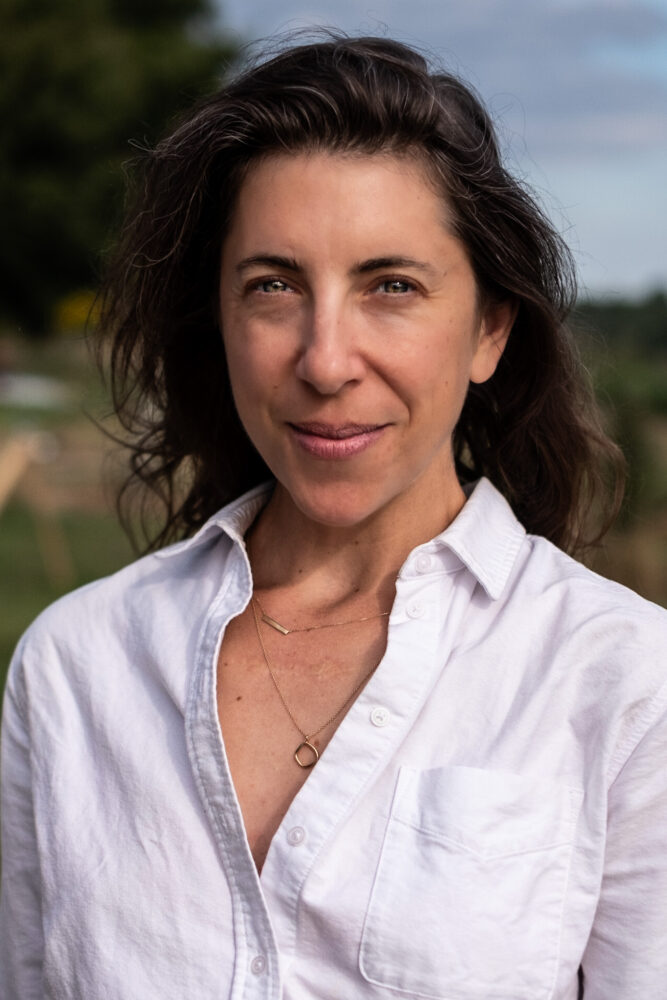
Khushboo Ranka
Documentary Film in the Public Interest Fellowship
Spring 2026
The Documentary Film in the Public Interest Fellows Program is designed to support new research, analysis, innovation and provocation around core issues facing the documentary field. Through the fellows’ projects, the Shorenstein Center will engage in examinations of best practice, industry ecosystems, public impact, technology and media policy.
Career professionals in the documentary film field, scholars of public interest media forms, infrastructure, and audience, and experts in media policy. Filmmakers, executives, industry leaders, policymakers, and scholars are encouraged to apply.
The Shorenstein Center is committed to diversity, and actively encourages applications from all demographic backgrounds, and across the political spectrum. International applicants are welcome to apply.
The fellowship is open to individuals with unique expertise in the documentary field. Minimum of 10-years experience. Fellowships cannot be used for the development of a new film project.
Applicants should not have participated in another fellowship within the two years before their preferred semester.
Applicants must be fluent in English – listening, reading, writing and speaking. Non-native English speakers must provide TOEFL or IELTS score or demonstrate fluency by having significant educational or professional experience working in English.
If you are unsure if you are eligible, we encourage you to contact our staff to discuss it further.
Fellows are encouraged to spend the semester at Harvard, but being in Cambridge is not a fellowship requirement. Fellows are, however, expected to be on campus for at least three weeks during the fellowship.
The Fellowship is a full-time appointment, and applicants are expected to commit to the work of completing their primary research project and engaging in the life of the Center, its activities and events. It is understood that busy modern professionals will have occasional essential obligations, and the Center aims to be considerate and flexible in such circumstances. However, any applicant with professional, personal or travel commitments that would require significant time away should consider applying when their schedule allows for the full commitment of a fellowship.
The quality and originality of an applicant’s project proposal is a key deciding factor in the selection process. The primary deliverable for a fellow is a research-based project that contributes to broad understanding of an issue within the information ecosystem, or addresses a problem related to documentary film, journalism, technology, public policy or public interest media (with ideal candidates focusing on the intersection of at least two of these areas and with an eye towards politics and/or public policy solutions). Project topics should fit into the existing work of the Center but provide a new angle or area of focus that is not covered specifically by one of the Center’s existing programs
Fellows often work independently, with the assistance of a faculty mentor and research assistant. Projects can take many forms, including white paper, policy paper, annotated bibliography, podcast, video, or interactive. Projects should have an anticipated impact in society, and applicants should be able to clearly articulate their project’s desired impact. The intended output for each project is determined by the Fellows and their research. Some of the research can be published on the Shorenstein Center website, and many projects have been cross published or excerpted in a variety of high-profile media outlets and academic journals or have become the basis for a longer book.
In addition to their primary research project, fellows are expected to participate in a range of activities throughout the semester, including:
The Shorenstein Center hosts several high-profile evening events each semester, including its long-running Theodore H. White Lecture on Press and Politics, Richard S. Salant Lecture on Freedom of the Press, and its flagship Goldsmith Awards, as well as the Documentary Film in the Public Interest initiative’s Henry Awards for Public Interest Documentary. Fellows are encouraged to attend any center events.
Elsewhere on campus, the John F. Kennedy Jr. Forum frequently feature speakers from the highest levels of government for lively discussion and debate. The Kennedy School’s other Centers and initiatives regularly host experts in a wide variety of topics, and Shorenstein Center fellows are often asked to speak. And the wider Harvard University calendar features hundreds of activities and events each week, including lectures, panels, exhibitions, music, theater, film, sports and much more.
Fellows receive a Harvard ID, which allows for discounted membership to Harvard’s athletic facilities and tickets to museums, exhibitions, movies, sports and the performing arts. Previous fellows have used their free time to explore the rich cultural and historical offerings of the Boston and New England area. Several fellows have brought their partners, spouses or families with them for the semester, many of whom get involved in a variety of Harvard activities open to the public. We are not able to provide spouses or family members with Harvard IDs.
DFPI fellowships are currently unpaid, and we cannot guarantee that we will have the funding in place for paid Fellowships in the future.
Travel, housing, and living expenses are not covered by the Shorenstein Center. The center and DFPI program are not able to pay for research-related expenses for fellows’ projects.
Fellows are provided with a Harvard email address and a Harvard ID allowing access to libraries and other resources. Both of these expire at the end of the fellowship term.
Please don’t hesitate to contact us with any immediate questions.
Applications for the Documentary Film Fellowship are currently closed. Please check back for more information on future application deadlines later this year, and subscribe to our newsletter to get updates about the fellowship and the DFPI program.

Documentary Film in the Public Interest Fellowship
Spring 2026

Documentary Film in the Public Interest Fellowship
Spring 2026

Documentary Film in the Public Interest Fellowship
Spring 2026
Learn more about the DFPI initiative’s research, convenings, and other programming.